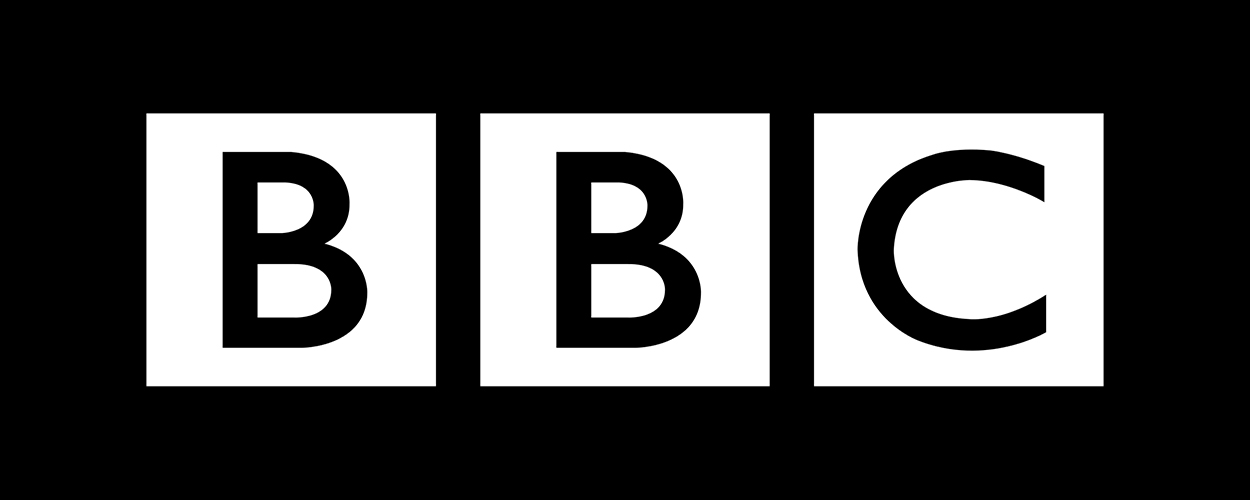This website uses cookies so that we can provide you with the best user experience possible. Cookie information is stored in your browser and performs functions such as recognising you when you return to our website and helping our team to understand which sections of the website you find most interesting and useful.
Business News Media
Commercial radio calls on OfCom to demand more distinct BBC services
By Chris Cooke | Published on Wednesday 26 July 2017

The commercial radio sector has called on media regulator OfCom to increase the obligations put on the BBC with regards its radio output, with trade group RadioCentre criticising draft operating licences for the Beeb’s various radio services, partly because they contain less rather than more conditions than in the past.
Commercial broadcasters don’t like it when the BBC competes head on with commercial programmes and services, and therefore support obligations being put onto BBC channels and stations to broadcast more content that complements rather than competes with commercial radio and telly. After all, commercial media owners will tell you, the BBC gets all that licence fee payer money so to provide the kind of content you don’t find elsewhere.
The way the BBC is regulated has recently changed considerably, with OfCom – which also regulates commercial radio and TV – taking over many of the regulatory duties previously undertaken by the now defunct BBC Trust. The new system was outlined in the latest version of the BBC’s Royal Charter and a so called Framework Agreement, which were both passed and published last year, and OfCom is now translating all of that into operating licences for each BBC service.
According to RadioCentre: “The Charter and Framework Agreement contain specific references to both retaining existing conditions on [BBC] services, as well as considering areas where conditions could be increased, with the aim of supporting a broader range of choice for audiences and ensuring a healthy and diverse media industry. In radio the Charter and Framework Agreement also require Ofcom to examine the case for clearer age targets for mainstream radio services, support for UK talent, news, information, current affairs, social action and broader sports coverage”.
But, the trade body says, the new operating licences OfCom has developed for each BBC radio station actually have fewer conditions than the previous licences devised by the BBC Trust, with – says RadioCentre – “a 36% reduction in the number of regulatory conditions” and “no strengthening of target audience requirements”. Also, it reckons, “where current quotas have been increased, BBC services are already exceeding these new targets, so listeners will not notice a difference”.
So, basically, OfCom needs to be demanding of the BBC. Says Radiocentre CEO Siobhan Kenny: “The BBC provides some fantastic radio content, which it can do partly because of its scale and its guaranteed funding. As a result of these advantages, it is acknowledged that the BBC is regulated in a different way to other broadcasters, with obligations to deliver broader public service goals, with a distinctive flavour, in addition to mainstream output”.
“Listeners deserve the widest possible choice and it is not clear that the current proposals will deliver that”, She goes on. “Government and Parliament agreed in drawing up the new Royal Charter and Framework Agreement that the intention was to reinforce BBC accountability and strengthen regulation in order to produce distinctive BBC services, changes which were presumably not envisaged to result in fewer measures against which to hold the BBC to account”.
She concludes: “Stakeholders have submitted their thoughts on the draft operating licence and the BBC has published its Annual Plan. We hope that Ofcom will take the opportunity to strengthen its proposals in line with the requirements of the Royal Charter and the Framework Agreement”.





